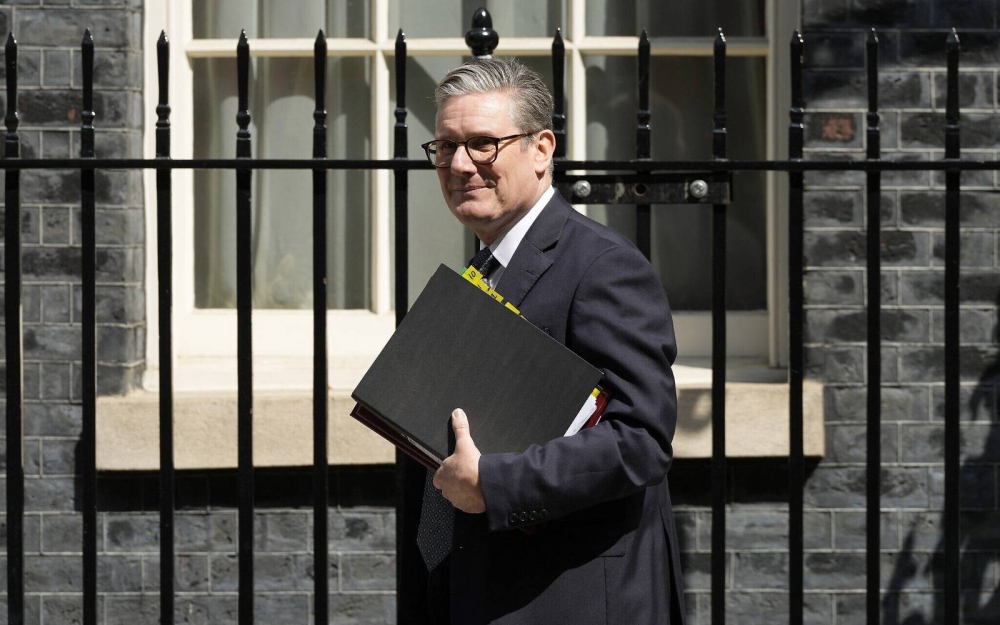
The UK's new government will drop its challenge to arrest warrants sought by an international court's prosecutor for Israeli Prime Minister Benjamin Netanyahu, Downing Street confirmed on Friday.
Former prime minister Rishi Sunak's government had told the International Criminal Court (ICC) it intended to submit a challenge to prosecutor Karim Khan's request in May for arrest warrants for Netanyahu and his defence minister Yoav Gallant over alleged war crimes in Gaza.
The UK had until Friday to submit its questions to the court in The Hague, but the recently elected Labour government has confirmed it will not follow through with Sunak's plan.
"This was a proposal by the previous government which was not submitted before the election, and which I can confirm the government will not be pursuing in line with our long standing position that this is a matter for the court to decide on", a Downing Street spokeswoman said.
"I think you would note that the courts have already received a number of submissions on either side, so they are well seized of the arguments to make their independent determinations," she added.
Labour under former human rights lawyer Keir Starmer swept to power on July 4, defeating the Tories in a landslide general election win.
It has since announced the resumption of funding for the main UN agency for Palestinian refugees that had been paused under Sunak after Israeli claims that UNRWA members took part in the October 7 attacks against Israel.
Labour wants an immediate ceasefire in Israel's war with Hamas militants in Gaza and the release of hostages.
Israel's top ally the United States is still set to challenge the court's authority to issue arrest warrants against Netanyahu.
As well as Netanyahu and Gallant, Khan is also seeking warrants against top Hamas leaders Yahya Sinwar, Ismail Haniyeh and Mohammed Deif, on suspicion of war crimes and crimes against humanity.
If granted by ICC judges, any of the 124 ICC member states would technically be obliged to arrest Netanyahu and others if they travelled there.
However, the court has no mechanism to enforce its orders.
